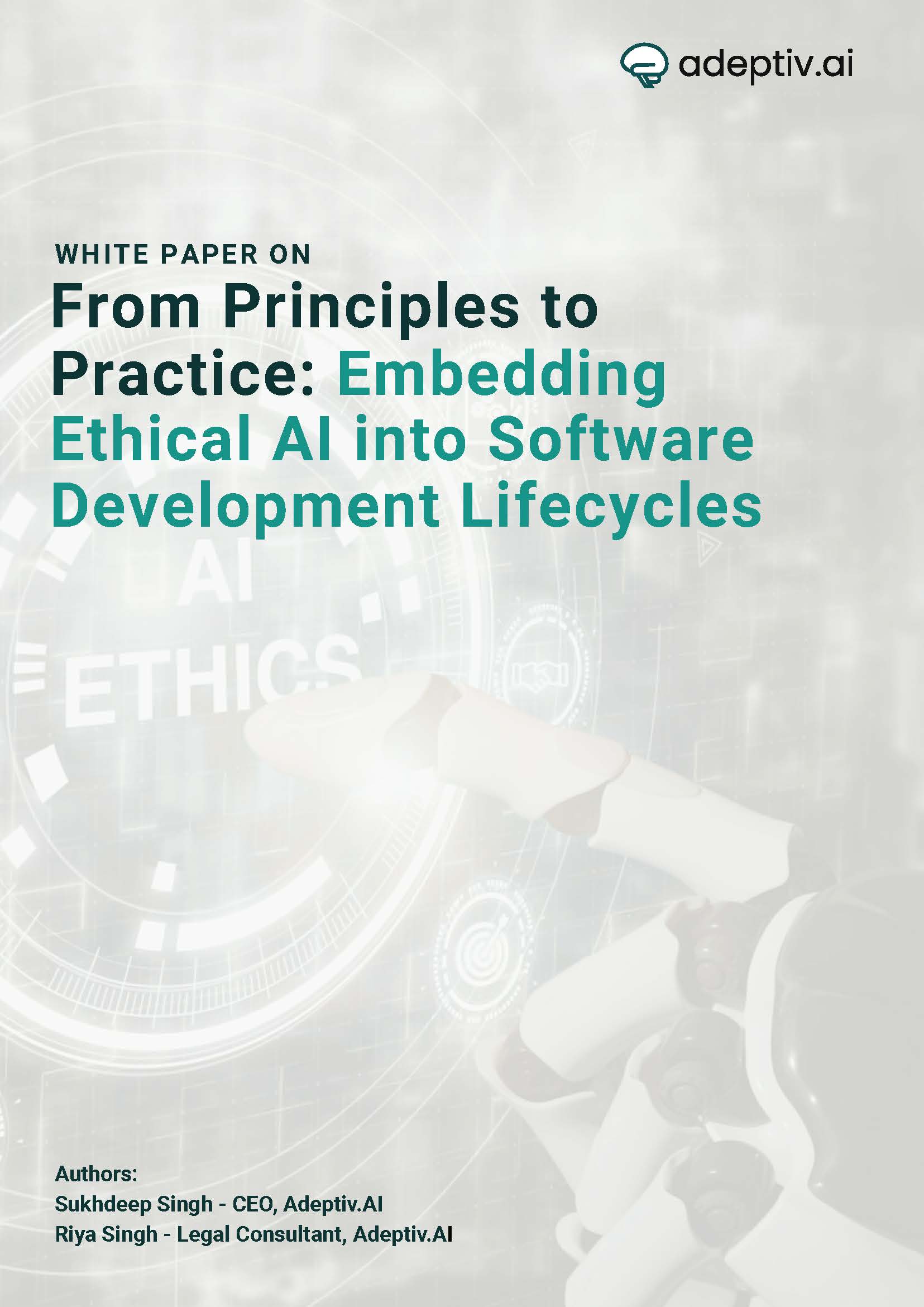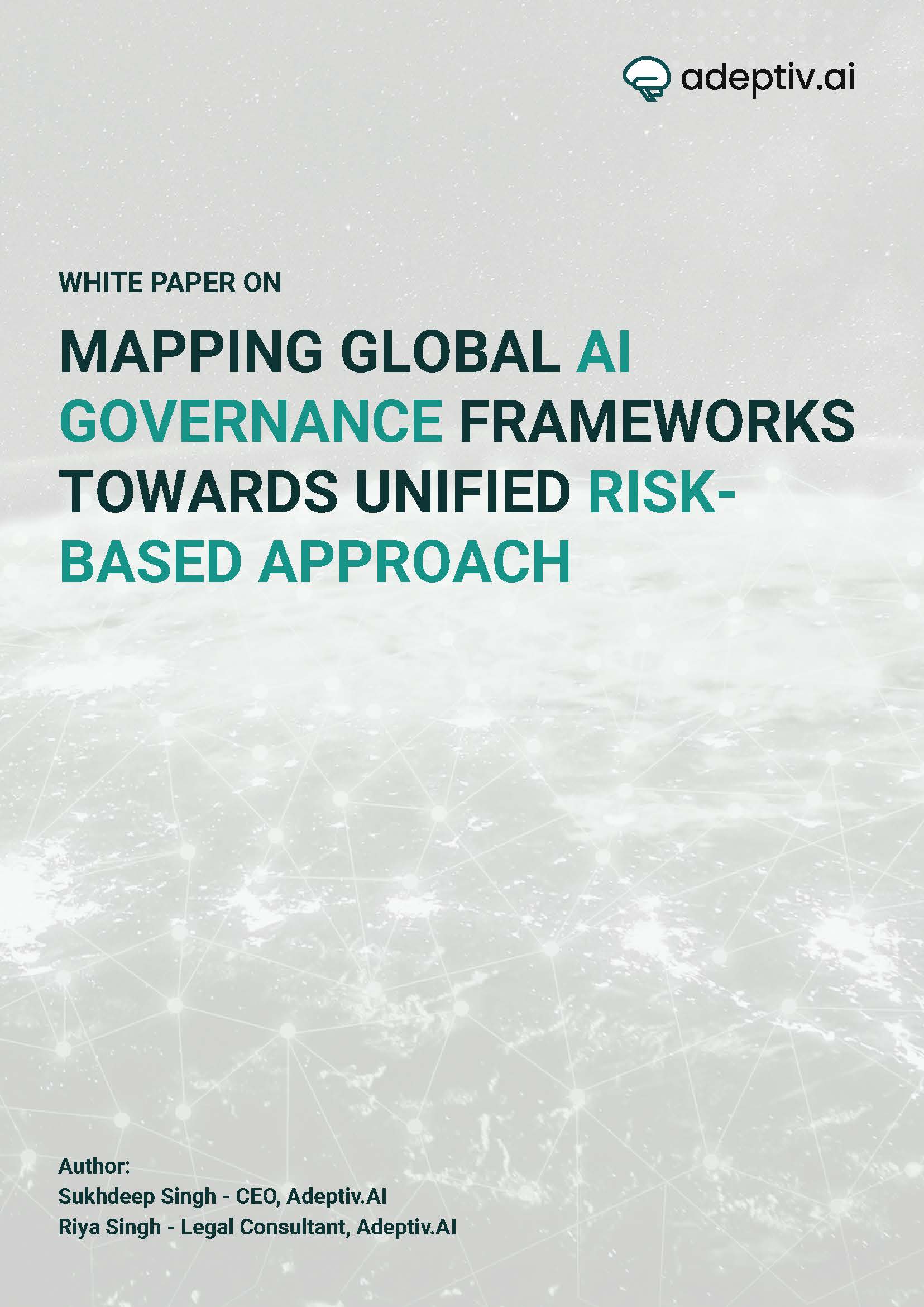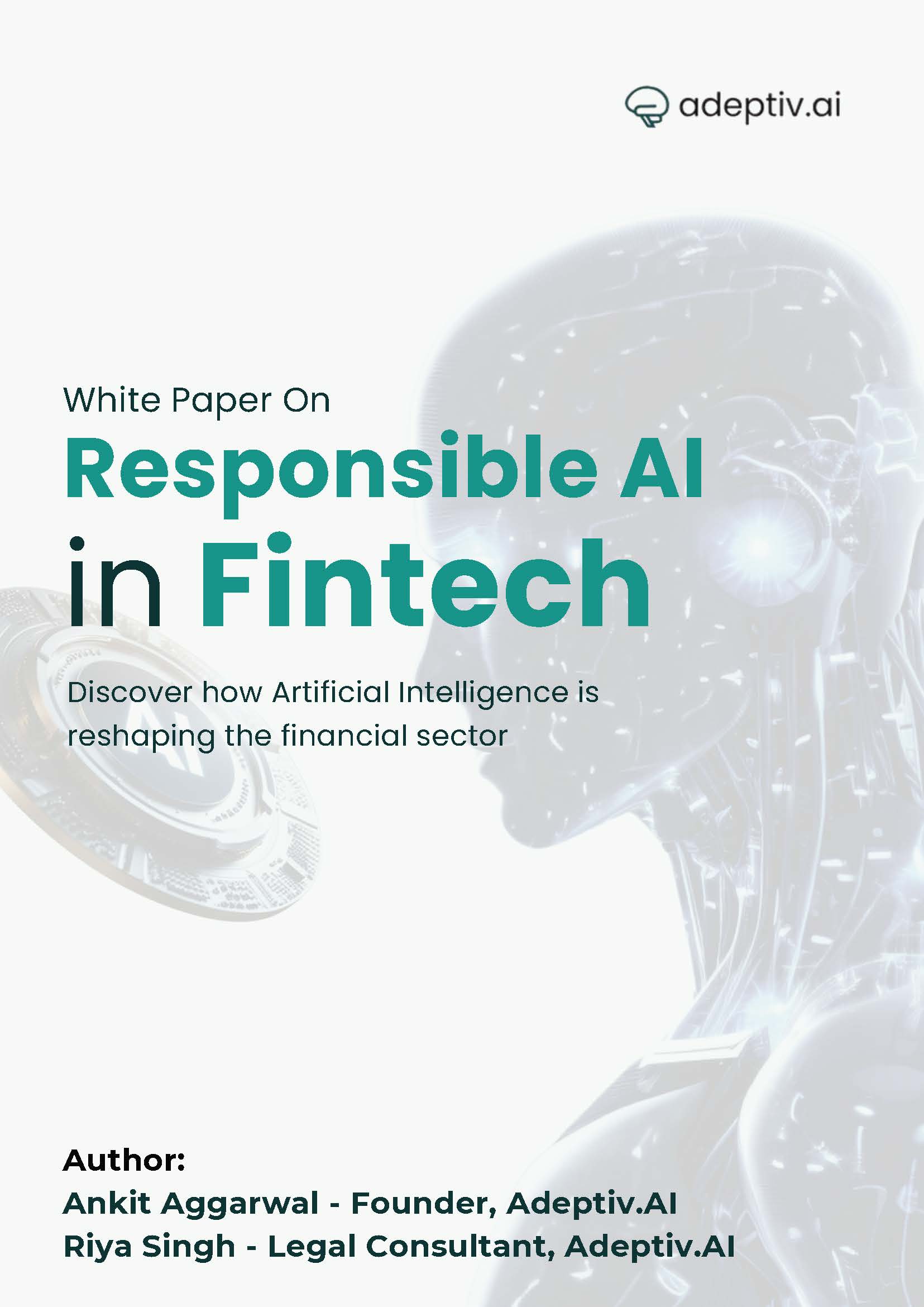Retrieval-Augmented Generation (RAG) technique stands out as a cornerstone in many successful Generative AI applications. This innovative approach empowers AI systems to incorporate additional context, access external knowledge sources, and integrate relevant information from diverse datasets and information during the generation process, resulting in more accurate and contextually relevant outputs while minimizing the risk of hallucinations.
Imagine a customer support chatbot that addresses user inquiries on various topics. By leveraging RAG techniques, the chatbot can access a knowledge base containing FAQs, product information, troubleshooting guides, and even real-time order status, allowing agents to generate accurate and contextually relevant responses.
Implementing a successful Retrieval-Augmented Generation architecture and pipeline involves a series of technical steps and considerations that ensure the effective integration of external knowledge into AI systems.
Data Collection and Preparation
Identify and collect structured and unstructured data from various sources such as databases, APIs, documents, and knowledge bases. Ensure data quality by cleaning and preprocessing to remove noise, duplicates, and irrelevant information. Finally, encode data into vector representations using word embeddings, sentence embeddings, or document embeddings.
Chunking Data
Chunking data is a critical step in implementing RAG pipelines. There are multiple techniques to break text or data into a fixed lengths segments, or partition complex or hierarchical data structures into meaningful segments such as paragraphs, sections, or chapters. Sentiment-based chunking segments text based on shifts in sentiment or the presence of distinct emotional cues.
Data Indexing
Use vector search engines like FAISS, Annoy, or ElasticSearch to index encoded data for efficient retrieval. Metadata attributes such as relevance scores, owner information, or timestamps can also be added to enhance retrieval accuracy.
RAG Retrieval Techniques
In a vanilla implementation, you can retrieve relevant chunks by using simple keyword matching and distance calculations. For advanced use cases, organize knowledge chunks in a hierarchical structure for contextual relationships, decompose complex queries into sub-queries using LLM, or combine multiple retrieval methods and use fusion ranking algorithms to enhance retrieval performance.
Integration with Prompt and LLM
Apply post-retrieval techniques and use metrics like Context Relevance, Faithfulness, RGB (Relevance, Generality, Brevity), and others to evaluate, sanitize, optimize, and rank retrieved information. Feed this information into your final prompt and pass it to LLM models as additional context to improve the relevance and accuracy of generated outputs.
Implementing robust and strategic RAG pipelines in the overall Generative AI journey is a complex endeavor that requires specialized AI and Data expertise for the following reasons:
- Specialized AI consultants bring deep knowledge of advanced retrieval techniques and the latest trends in AI, ensuring that your implementation leverages the most effective methods.
- Every business has unique requirements so that an expert can design custom retrieval solutions tailored to your specific use case, industry, and data characteristics.
- With a plethora of tools and technologies available, selecting the right ones can be daunting. A specialized consultant guides you in choosing the optimal tools and LLM models that align with your project goals.
- Effective RAG implementation requires a robust data strategy and governance. A data expert ensures your data collection, preparation, and indexing processes are well-governed and secure.
- Integrating RAG pipelines with existing systems and workflows can be challenging. AI consultants provide the technical expertise to integrate seamlessly with your current infrastructure.
- Ensuring that data retrieval pipelines are scalable and perform efficiently is critical. AI consultants can design architectures that support high availability, scalability, and performance optimization.
- Protecting sensitive data and ensuring compliance with regulations are paramount. A specialized consultant implements robust security measures and guardrails to safeguard your data and AI systems.
- AI consultants provide ongoing support for monitoring the performance of RAG pipelines and implementing continuous improvements to adapt to changing requirements and enhance outcomes.



